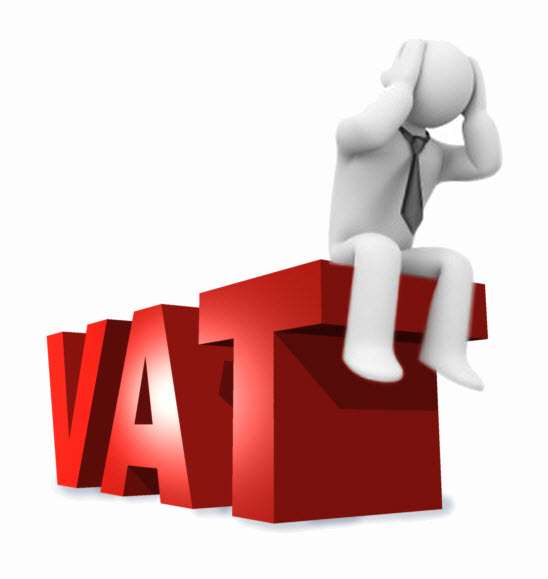Case confirms supply of staff by an intermediary to provide medial care is not VAT exempt
01 June 2020
01 June 2020

Rhian Lloyd blogs on a common discussion point in the temporary labour industry as to whether a contracting intermediary may make a VAT exempt supply to a client when the supply concerns staff providing medical care. We receive queries in relation to this and the use of the Nursing Agencies’ Concession (which is not explored in this case) at least once a month and it is welcomed that case law has been published that sets out the position as we have always advised.
In the case of Mainpay Limited versus Her Majesty’s Revenue and Customs TC/2016/03030, the First-tier Tax Tribunal (FTT) had no difficulty in deciding that Mainpay was not providing medical care, which is VAT exempt under the VAT Act 1994, Schedule 9, Group 7, and it was instead making a supply of staff to an agency, which is a standard-rated supply.
Mainpay appealed against a VAT assessment for accounting periods 01/11 to 01/14 in the sum of £164,866. HMRC believed that Mainpay were making standard-rated supplies of services, being the supply of staff, whereas Mainpay contended that it made exempt supplies of medical care falling within Group 7 of Schedule 9 of the VAT Act 1994. Mainpay operated in various sectors where temporary workers work for end clients. In relation to hospital workers, Mainpay mainly supplied doctors at all levels of experience, including Consultants.
The contractual framework was Mainpay contracting to supply an agency, A&E Limited, and the agency contracting to supply NHS Trusts. The appeal focussed on the terms of the contracts between Mainpay and the agency and Mainpay and the temporary workers, the effect of those terms and the nature of the supplies made pursuant to the contracts. The FTT held no evidence on the contractual arrangements between the agency and NHS Trusts.
In this case the burden was on Mainpay to establish that it supplies constituted medical care. A summary of some of the views of both parties are as follows;
A number of documents did not support Mainpay’s arguments. An example of an Assignment Schedule set out services described as “the services of a consultant anaesthetist” which the FTT held is a supply of a consultant and in turn, a supply of staff, not a supply of medical care. Mainpay described itself in its “Guide” as “providing temporary workers to recruitment agencies and end clients”. The Employee handbook states it provides “suitably qualified personnel to Recruitment Agency”.
The FTT stated that a key issue is whether the NHS Trusts have a power of supervision, direction and control over the Consultants and held that they believed this was the case and they effectively became part and parcel of the organisations of the NHS Trust. This is an interesting finding and could have knock on effects in terms of the “Agency Legislation” (section 44 Income Tax (Earnings and Pensions) Act 2003) which medical agencies, deemed as Intermediary 1 under the Agency Legislation, will need to consider.
The FTT found that the supplies of Mainpay to the agency fell outside of the exemption. They did not comment on the VAT position between the agency and NHS Trusts, as they did not know whether the agency charged VAT on its supplies to the NHS Trusts, but stated this would depend on an analysis of the contractual arrangements of those parties.
The FTT dismissed the appeal as they found that the supply of Consultants and GP Specialists was a supply of staff and not medical care. Mainpay may appeal this decision.
See the full case here.
Aspire Comment
Whilst it is not impossible for a contracting intermediary to provide a “full service”, such as the supply of medical care, we would expect there to be significantly different contractual documentation, communicational documentation and processes and procedures operated by a contracting intermediary that clearly differentiates between the contracting intermediary supplying a full service, such as medical care, versus the supply of temporary labour.
We see HMRC challenge this point in the temporary labour industry in other sectors also, such as construction. Care must be taken before agreeing to not charge VAT on an invoice, as repercussions could be a VAT assessment, penalties and interest, not to mention the potential for penalties to be transferred to company directors.
If you require any guidance, get in touch with one of our team on 0121 445 6178 or send us an email at enquire@aspirepartnership.co.uk.